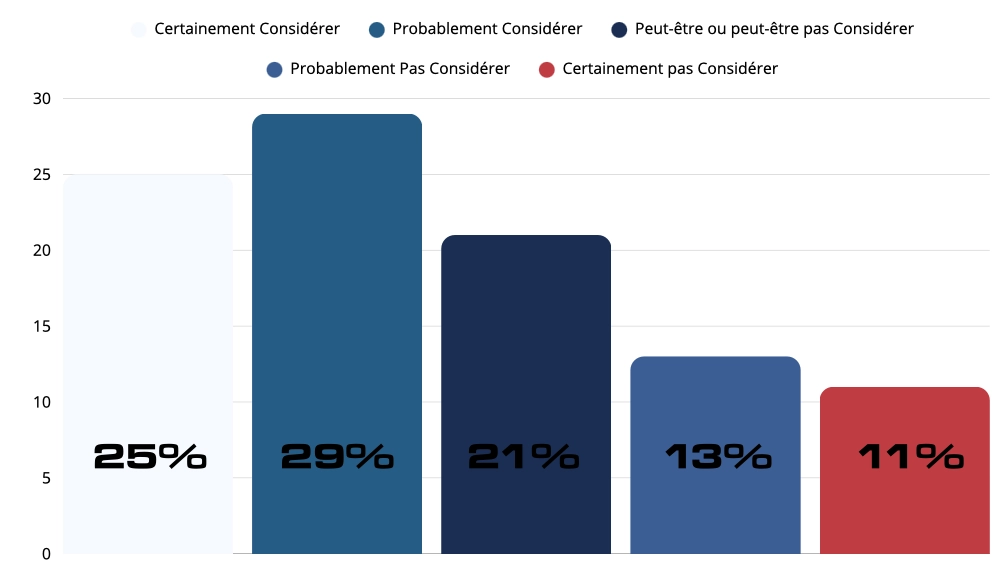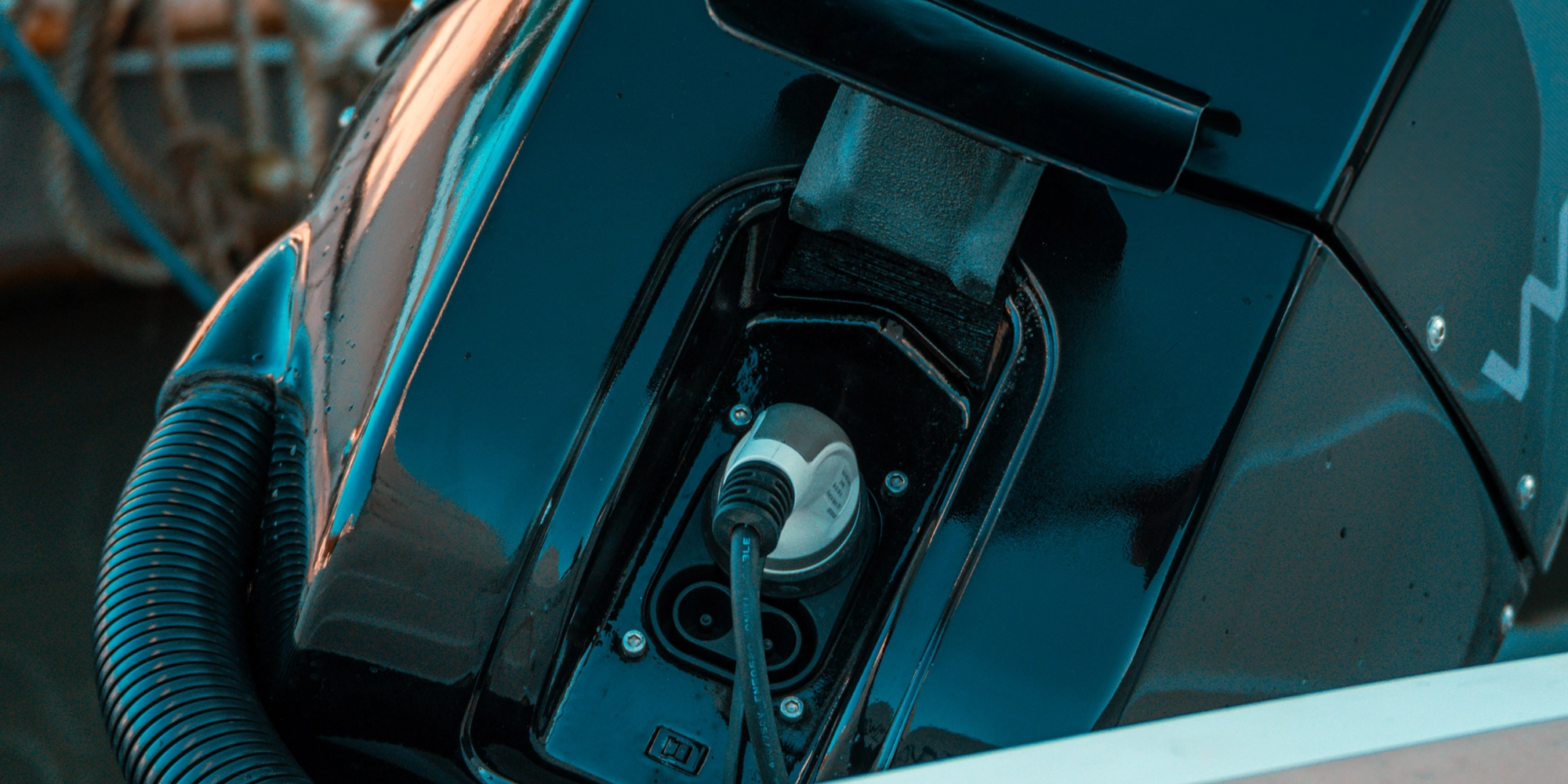Electric propulsion is already winning over many American boaters
In the United States, electric boating is no longer a distant prospect, but a reality in the making. According to the latest edition of the US Boat Owners Sustainability Study, conducted by Unmuted Consumer Insights in May 2025 among more than 750 boat owners, 54% of American boaters say they are willing to consider an electric model when making their next purchase.
This survey reveals a growing enthusiasm for electric propulsion in boating. The study highlights some strong trends:
- Houseboats (80%) and sailing boats (75%) are the most popular types of boat for electric propulsion.
- Boaters at sea show the strongest interest (71%), ahead of those on the Great Lakes (65%).
- Conversely, only 38% of owners on small lakes say they are ready to take the plunge.
Beyond the energy transition, this represents a genuine change in mindset: only 11% of respondents say they would never consider an electric boat, a figure that would have been unimaginable just five years ago.
Would you consider an electric boat for your next boat?

This chart shows the distribution of buyer intentions based on a survey of 750 boat owners based in the United States.
When we look at France: a surprising discrepancy
In France, despite growing environmental awareness and increasingly stringent regulations, the electric boat market is progressing more slowly. Why is there such a gap between France and the United States?
- A perception still too focused on costs: the purchase price of an electric boat or propulsion motor remains a major obstacle for many French boaters.
- Limited charging infrastructure: while American ports are beginning to equip themselves, France is still lagging behind in the installation of charging stations suitable for electric boats.
- A nautical culture focused on performance: in certain segments, such as runabouts and fishing boats, electric boats still suffer from the preconceived notion that they have insufficient range.
And yet France has everything it needs to accelerate the transition: an extensive coastline, a dense river network, a dynamic nautical market and public policies that increasingly encourage the decarbonisation of transport.
In 2025, France will generate around 96% of its electricity from carbon-free sources, mainly nuclear (around 70%), hydro (nearly 13%), solar (around 9%) and wind (around 5%).
This abundance of carbon-free surplus electricity offers considerable potential for accelerating the transition to electric shipping, reducing CO₂ emissions and optimising the use of the energy produced.
The expectations of boaters: autonomy and batteries are key concerns
The American study confirms trends already apparent in France:
- 73% of respondents cite battery range as a decisive factor.
- 67% mention fast charging
- Comfort-related criteria (quiet operation, connectivity, eco-friendly materials) are only secondary considerations.
These data show that the success of electric boating will depend above all on reliable, high-performance and accessible technical solutions.
Weenav: a committed player in the energy transition of the boating industry
At Weenav, we are convinced that electric power is the future of boating. Our mission is clear: to support professionals and individuals in the energy transition by providing concrete and tailored solutions.
- Eco-friendly electric propulsion systems: we develop and offer high-performance, quiet and environmentally friendly systems.
- Support for operators: we work with industry players to facilitate the transition to electric power, particularly through collective projects such as the Energy Transition Support Group (GATE).
- French innovation and expertise: Weenav is part of a sustainable dynamic, providing answers to the challenges of tomorrow for recreational boating, river boats and coastal navigation.
An opportunity for France to seize
The American example proves that a change in mindset is possible and can happen quickly. France, a country with a strong maritime and river tradition, must now take a step forward: investing in infrastructure, supporting innovation and assisting recreational boaters in their transition.
With committed players such as Weenav, the French nautical sector already has the solutions to make electricity the norm of tomorrow. The question is therefore no longer whether the transition will take place, but when.
Published on : 02/10/25
Editor : Sophie Castelain



